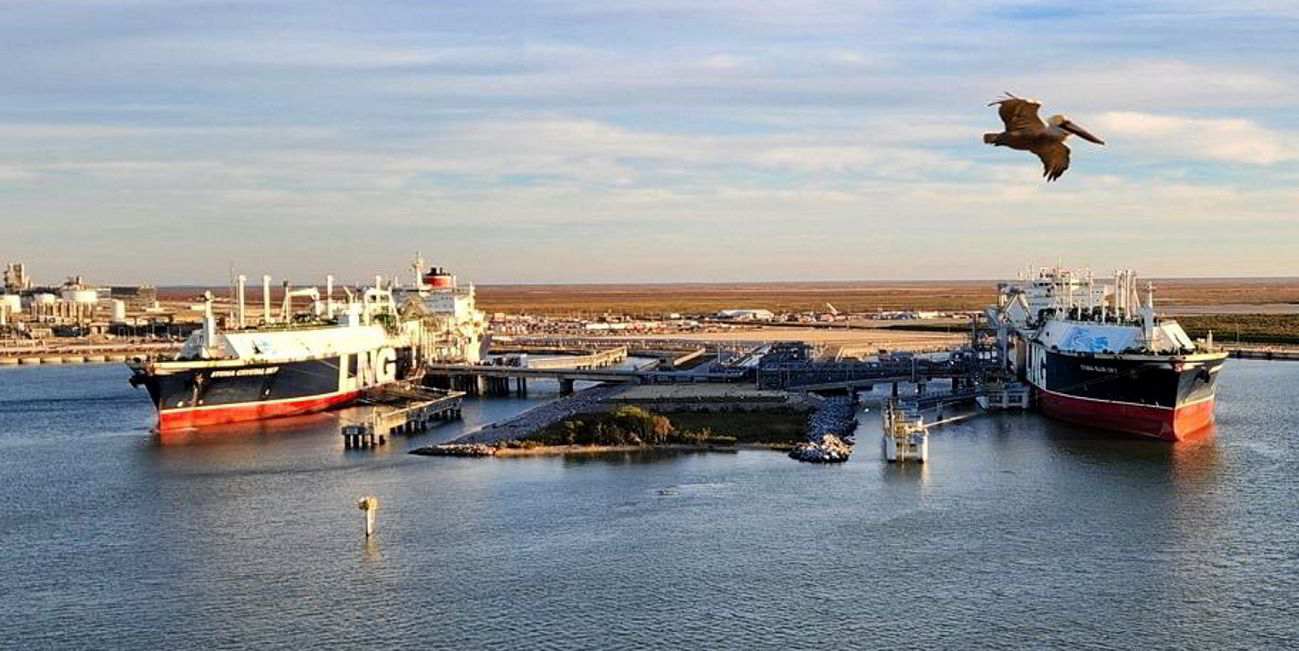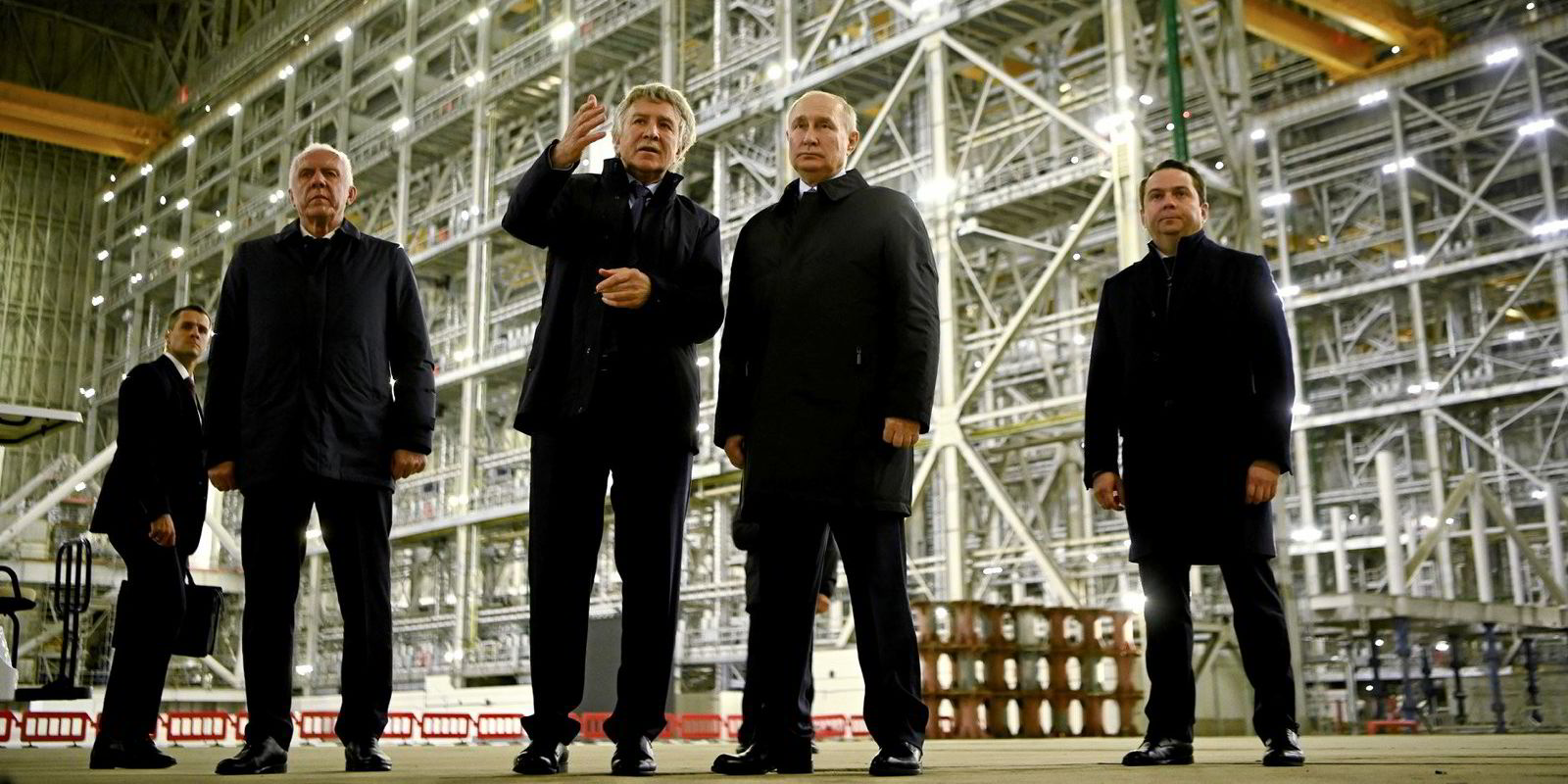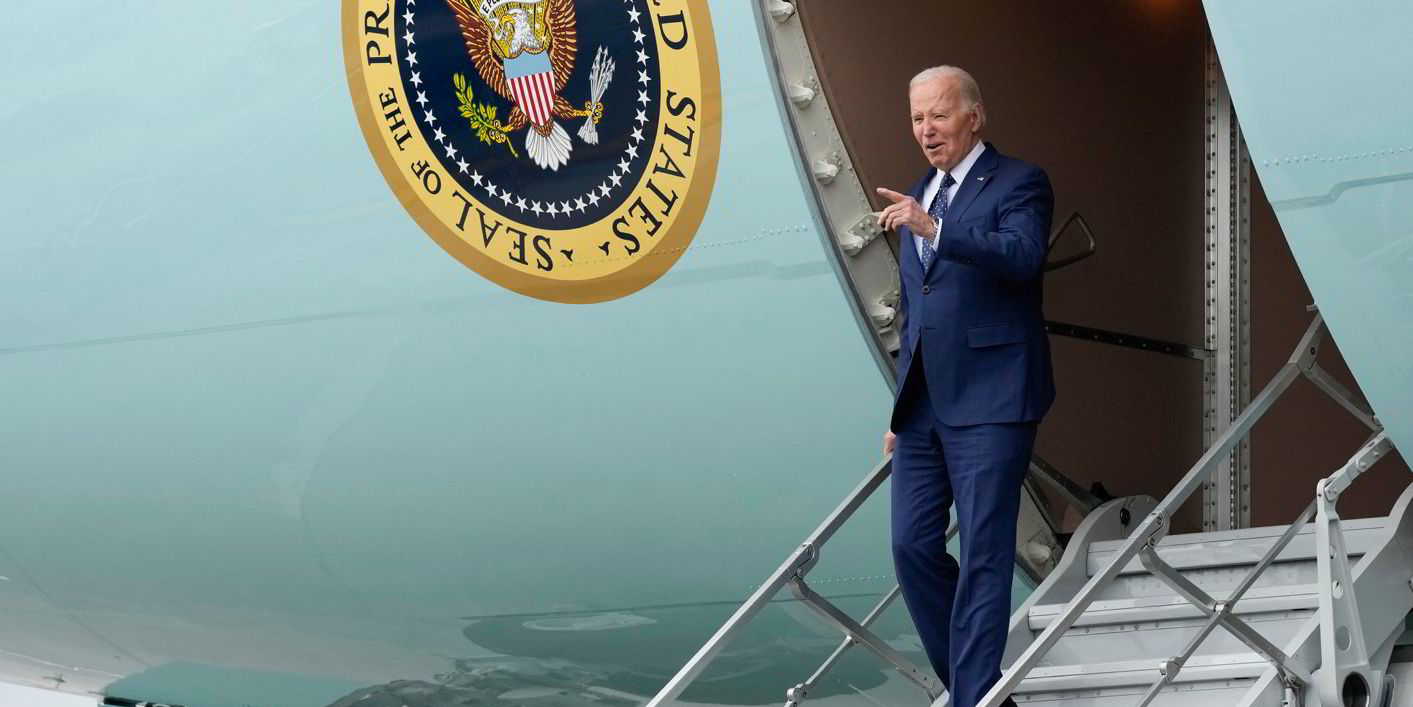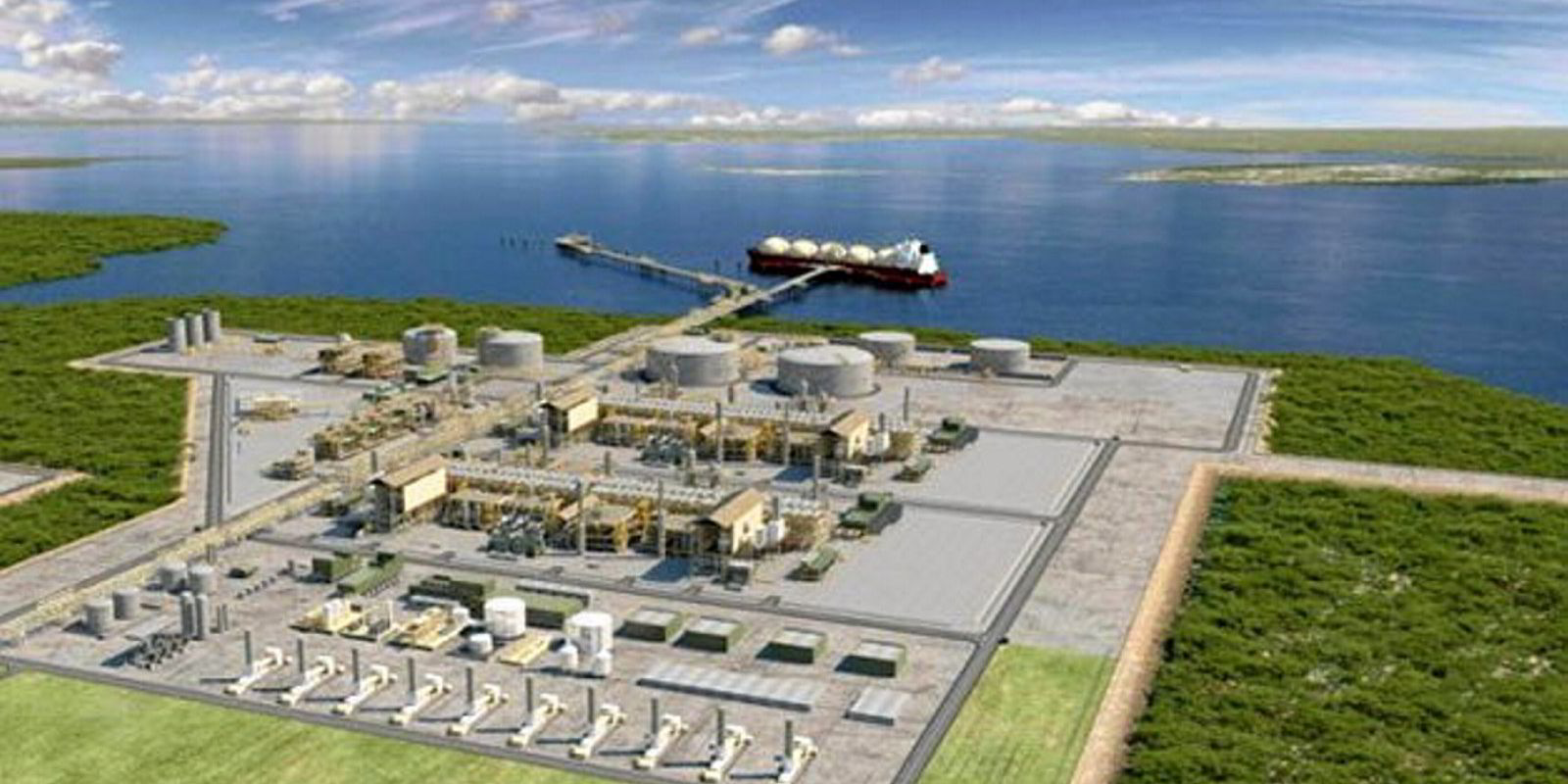Cheniere Energy is confident its LNG project expansions will not be held up by the Department of Energy’s review of projects.
The US LNG producing giant’s president and chief executive, Jack Fusco, directly addressed the Energy Department’s January decision to suspend the permitting of projects seeking to export cargoes to countries with which Washington does not have a free-trade agreement.
In a fourth-quarter results call, he said the department’s move has not slowed Cheniere’s expansion projects at its two liquefaction projects — Sabine Pass LNG and Corpus Christi LNG.
But he said it introduces regulatory and permitting uncertainty to the LNG industry as a whole.
Fusco said he believes in the critical role US LNG plays in global markets on the basis of its importance for long-term energy security, opportunities for decarbonisation through coal-to-gas switching, low and stable gas prices and economic benefits for local communities.
Speaking about Gulf Coast LNG, Fusco said: “This is a generational opportunity — something we should be proud of and working to maximise not restrict.”
Asked how the Energy Department’s moves had influenced its discussions with customers, Cheniere executive vice president and chief commercial officer Anatol Feygin said this is the third time the department has done this kind of LNG project review.
He said it is “not new” and that Cheniere has navigated these for over a decade and is confident it will be able to do this again.
Feygin said he expects the US to become the world’s first 200m tonne LNG exporter.
Cheniere’s net income for the 12 months to the end of December 2023 skyrocketed by almost 600% to $9.9bn, up from $1.4bn in 2022.
But revenue for the year was down 39% at $20.4bn, a decline from $33.4bn a year ago.
Fourth-quarter net income slumped by 65% to $1.4bn, compared with $3.9bn in the same three months of the previous year.
Revenue for the quarter fell 47% to $4.8bn from $9.1bn in the corresponding period of 2022.
Cheniere blamed the annual rise in its net income and fall in its quarterly figures on changes in the value of its derivatives portfolio.
But the company also acknowledged that these are linked to international gas and LNG prices.
Expansion
Cheniere, which is the largest LNG producer and exporter, exported 637 LNG cargoes during the year, one less than in 2022, bringing its total since start-up to about 3,280 shipments which were sent to 39 different countries.
The company said it expects to produce about 45m tonnes of LNG in 2024 and start commissioning the first train of its Corpus Christi LNG expansion phase by the end of this year.
Looking at the LNG markets, Cheniere executive vice president and chief commercial officer Anatol Feygin said global LNG trade grew by 3% in 2023 adding 10.5m tonnes of supply and with a single new liquefaction train – BP’s Tannguh LNG Train 3 – starting up during the year.
He said growth has not been that low since the 2011 to 2015 period.
Feygin said the US exported 86m tonnes of LNG in 2023, over half of which was produced by Cheniere.
He said 65% of all US LNG volumes went to Europe last year.
Feygin said in Asia LNG demand grew by 4%, or 9m tonnes, in 2023 largely due to China which took 71m tonnes. He highlighted that Thailand and India led the charge from other Asia buyers.
The executive said Cheniere is expecting robust demand for gas globally into the second half of this century.






